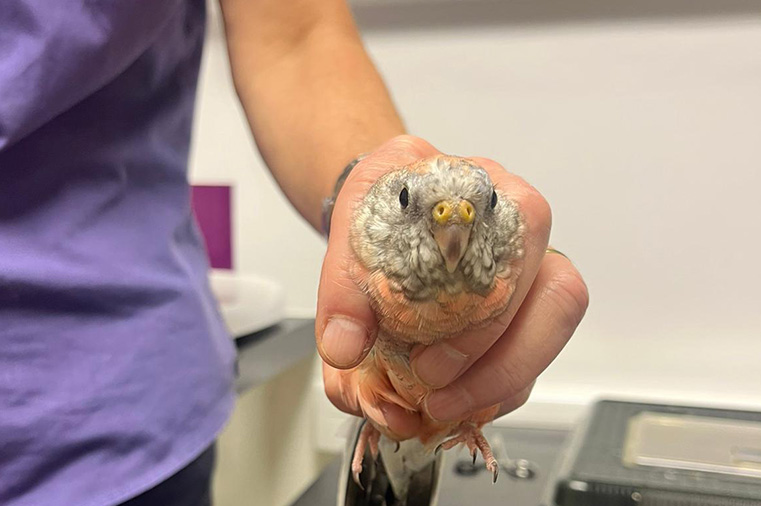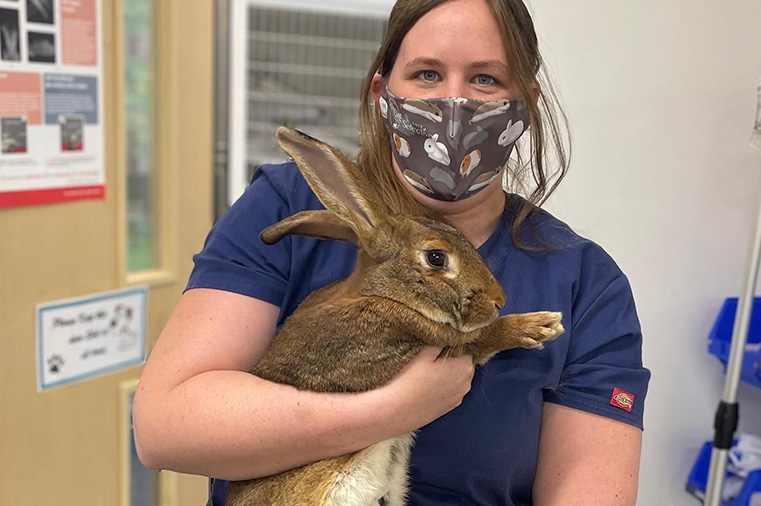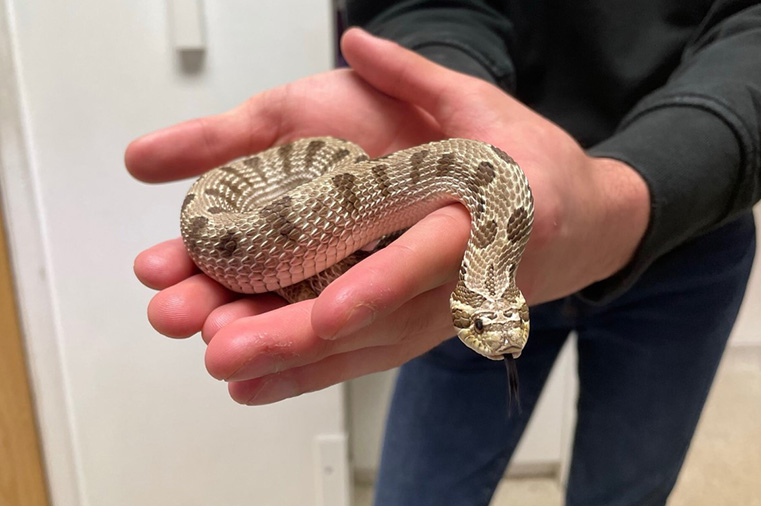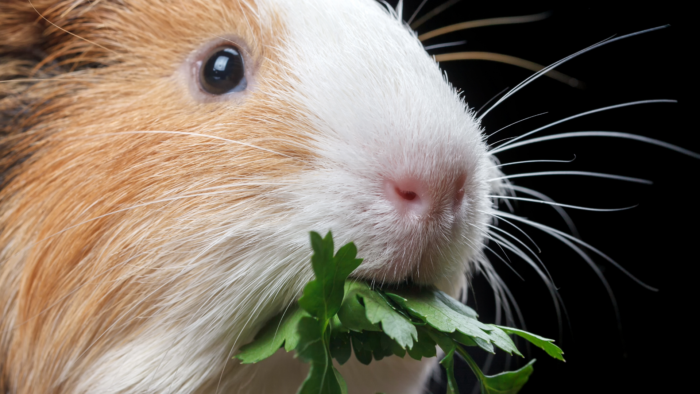Exotic Care Guide
Welcome to our comprehensive Reptile Care Guide! Reptiles encompass a diverse array of captivating species, from majestic snakes and graceful lizards to intriguing turtles and captivating chameleons. These cold-blooded companions offer a unique and captivating glimpse into the world of exotic pets. Here, we provide essential care information to ensure your scaly friends lead a healthy and fulfilling life in your care.
Reptiles showcase remarkable adaptations and behaviors specific to their species. Understanding their individual needs is crucial for their well-being.
Diet and Nutrition:
What do reptiles eat? Reptile diets vary widely, including insects, rodents, vegetables, and fruits. Tailoring their diet to their natural feeding habits is essential. Consult experts to determine the optimal diet for your specific reptile.
How often should I feed my reptile? Feeding frequency depends on the species. Younger reptiles may require more frequent meals, while adults may eat less often. Establish a feeding schedule suitable for their needs.


Housing and Environment:
Creating an appropriate habitat is vital for reptiles:
What type of enclosure does my reptile need? Choose a suitable enclosure that mimics your reptile’s natural environment. Ensure proper ventilation, temperature control, and access to UVB lighting for species that require it.
How do I maintain proper humidity for my reptile? Research your reptile’s humidity requirements and use a hygrometer to monitor humidity levels. Mist the enclosure and provide a water source to maintain appropriate moisture.
Exercise and Enrichment:
Reptiles benefit from mental and physical stimulation:
Do reptiles need exercise? While reptiles don’t require exercise in the same way as dogs, they benefit from enrichment activities that encourage exploration and natural behaviors.


Health and Wellness:
Maintaining your reptile’s health is paramount:
What are common health issues in reptiles? Reptiles may experience respiratory infections, metabolic bone disease, and parasites. Regular veterinary care, proper husbandry, and a balanced diet contribute to their well-being.
Do reptiles require vaccinations? Reptiles do not typically require vaccinations. Focus on preventive care, quarantine new additions, and maintain proper hygiene to minimize health risks.
Grooming and Hygiene:
Reptiles have unique grooming needs:
How do I maintain my reptile’s hygiene? Provide a clean and dry environment. Bathe reptiles that require it, like turtles, in shallow, clean water. Trim nails and clean any debris around eyes and mouth as needed.


Behaviour and Training:
Reptiles exhibit distinct behaviors:
Can reptiles be trained? Reptiles may not be trained in the same way as dogs, but they can learn to recognize their caretaker and respond to cues. Positive reinforcement can encourage desired behaviors.
Tips for Bonding and Interacting with Reptiles:
How can I bond with my reptile? Handle your reptile gently and regularly to build trust. Observe their behaviors and preferences, and respect their boundaries.
Safety Considerations and Potential Hazards:
Educate yourself on safety measures for your reptile:
What safety precautions should I take with reptiles? Create a secure enclosure to prevent escapes. Research toxic plants and potential hazards. Handle your reptile cautiously, avoiding sudden movements.
Embracing the captivating world of reptiles requires dedication and a willingness to learn. By providing a suitable environment and attentive care, you’ll foster a thriving and intriguing relationship with these extraordinary companions.












